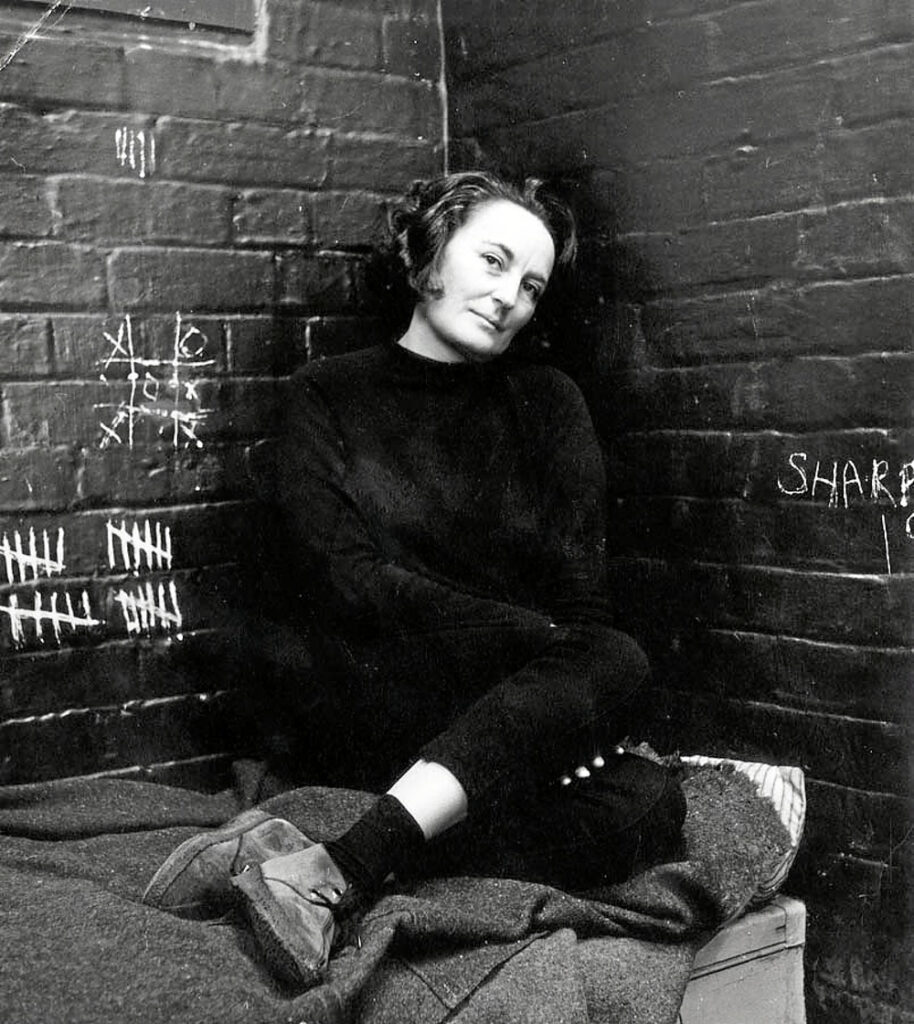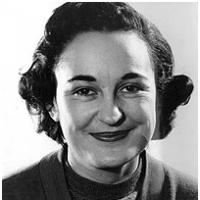Ruth First: An Uncompromising Voice Against Apartheid
Ruth First was a Jewish, South African-born journalist and activist. As a journalist, activist, and scholar, First’s work exposed the brutal realities of segregation. She amplified the voices of the oppressed and fueled the international fight for justice. She waged a relentless war on the oppressive system of apartheid in South Africa. Which ultimately led to her demise. In 1982, Ruth was assassinated.
Background and Early Life

Heloise Ruth First was born in 1925 in Johannesburg, South Africa, to Julius First, and Matilda Levitan. They immigrated to South Africa from Latvia in 1906 and became founding members of the Communist Party of South Africa (CPSA). This was the forerunner of the South African Communist Party (SACP).
Growing up in a Johannesburg teeming with racial injustice, First was deeply affected by the stark realities of segregation
Subsequently, First attended Jeppe High School for Girls and then became the first person in her family to attend university. She received her bachelor’s degree from the University of the Witwatersrand in 1946. While she was at the university, she found that “on a South African campus, the student issues that matter are national issues.”. uth First was involved in the founding of the Federation of Progressive Students, also known as the Progressive Students League. And got to know, among other fellow students, Nelson Mandela, future President of South Africa, and Eduardo Mondlane, the first leader of the Mozambique freedom movement, FRELIMO.
In 1949, she married Joe Slovo, a South African anti-apartheid activist and Communist. With whom she had three daughters, Shawn, Gillian, and Robyn. Together, Slovo and First became a leading force in the 1950s.

Work and Activism
After graduating, First worked as a research assistant for the Social Welfare Division of the Johannesburg City Council. Alongside her husband, Joe Slovo, she actively participated in the resistance movement. Later, First then became the editor-in-chief of the radical newspaper The Guardian, which was subsequently banned by the state. Through investigative journalism, Ruth First exposed the racial segregation policies known as apartheid. Her sharp writing skills found an outlet in publications like “New Age,” highlighting the struggles of Black South Africans under apartheid. Steadily, Ruth First’s activism drew the ire of the government. In 1963, she faced solitary confinement under the draconian 90-Day Detention Law, an experience she documented in the searing memoir “117 Days.” Following her release, she continued her fight. Actively contributing to research institutions and advocating for international solidarity against apartheid.
However, the 1964 banning order silenced her within South Africa. While she wasn’t able to publish or meet with other banned individuals, Ruth First chose exile in 1964, moving to Mozambique with her family. Yet, exile merely amplified her voice. From Maputo, she worked tirelessly. She established “Themba,” a research and information center focusing on southern Africa. This organization offers crucial support to liberation movements across the region.
Remarkably, Ruth First’s prolific writing continued, analyzing the nuances of the struggle and exposing the atrocities of apartheid. Her books, including “South West Africa” and “Power in Africa,” offered invaluable insights into the political landscape. She remained a prominent figure in international anti-Apartheid circles, lecturing and participating in conferences. She urged global action against the discriminatory regime.
Tragic Ending
Unfortunately, in 1982, a letter bomb delivered to her Maputo office claimed her life. Ruth First’s legacy extends far beyond her tragic demise. She remains a potent symbol of courage, resistance, and intellectual rigor. uth First’s work continues to inspire generations of activists fighting for social justice and human rights. As a writer, she documented the harsh realities of apartheid, giving voice to the voiceless. Moreover, Sometimes she mobilized international support and empowered liberation movements. Countless memoirs, including Every Secret Thing: My Family, My Country by Gillian Slovo (1997). This poignant memoir by her daughter delves into her childhood growing up amidst her parents’ activism. Ruth First and Joe Slovo: The Couple That Fought Apartheid by Alan S. Cowell (2011). This comprehensive biography explores the intertwined lives of Ruth and her husband, Joe Slovo.
Ruth First: The Making of a Freedom Fighter by Sheila Croucher (2018). This book details Ruth’s early life, political awakening, and evolution as an activist and writer.
Conclusively, Ruth First’s unwavering stance against injustice continues to echo, urging us to remain steadfast in our struggles for a more equitable world.